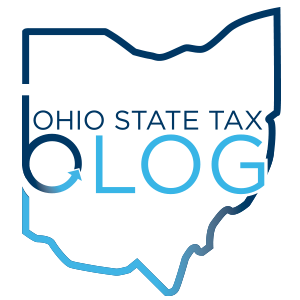Commercial Activity Tax Revenue Derived From Motor-Vehicle Fuel Sales Must Be Used For The Benefit Of Ohio’s Highway System
The Ohio Supreme Court in Beaver Excavating Co. v. Testa recently ruled that the allocations of receipts from Ohio’s commercial activity tax (CAT) derived from sales of motor vehicle fuel is unconstitutional. Pursuant to the Ohio Constitution, tax revenue derived from, or “related to,” motor-vehicle fuel sales must be used for improving, repairing or maintaining the state highway system, or related purposes. However, CAT revenue is allocated to the state’s general fund, and funds for the benefit of schools and local governments. Therefore, the CAT is unconstitutional as applied to receipts from motor-fuel sales to the extent the revenue is used for nonhighway purposes. The Court carefully distinguished its decision in Ohio Grocers Assn. v. Levin where it held that the CAT, as applied to grocers and other food retailers, was a privilege-of-doing-business tax, not an excise tax levied on the sale of food for off-premises consumption which is also prohibited by the Ohio Constitution.
The Court, with the parties’ support, exercised discretion to apply its holding prospectively. Accordingly, fuel vendors are not entitled to a refund of CAT previous paid on receipts from motor-vehicle sales. Further, the Tax Commissioner will continue to collect the CAT from such vendors, but will hold the amounts derived from motor-vehicle fuel sales until the General Assembly amends the CAT’s expenditure statute to allocate revenue derived from motor-vehicle fuel sales to highway purposes.
